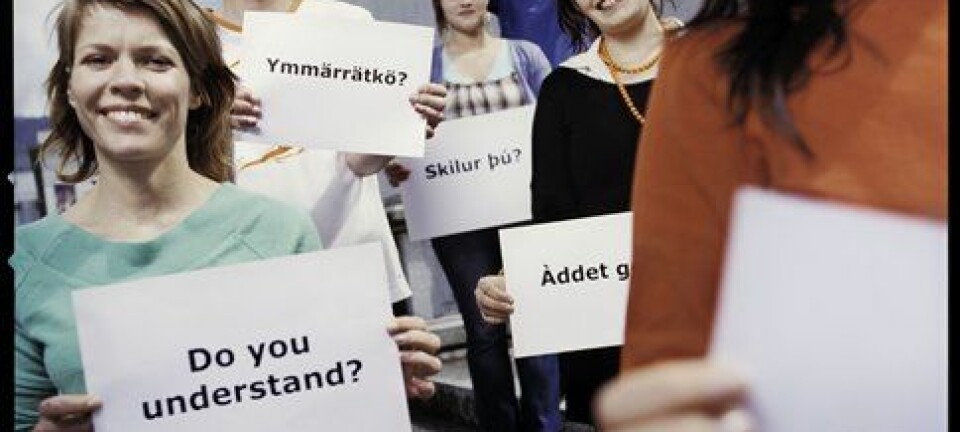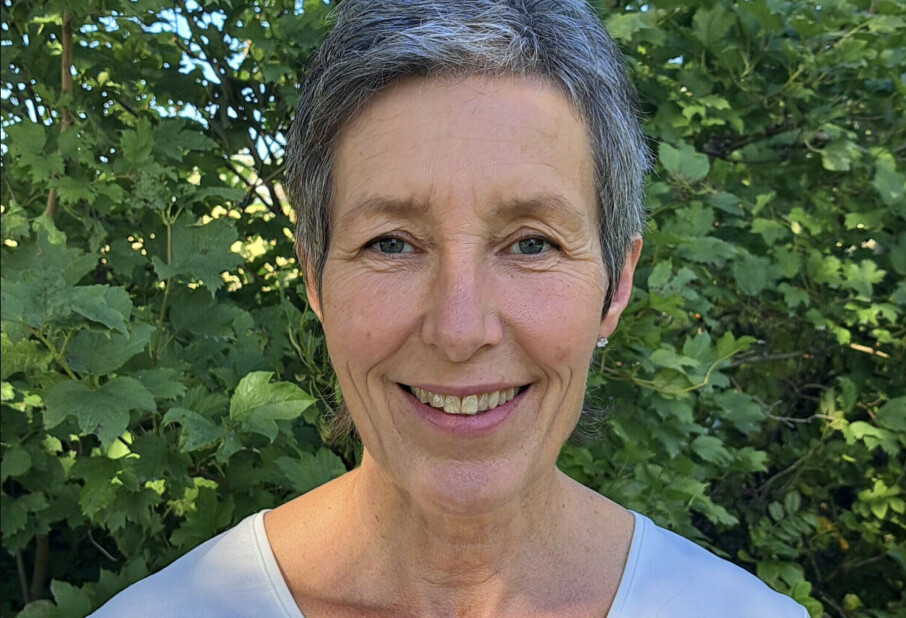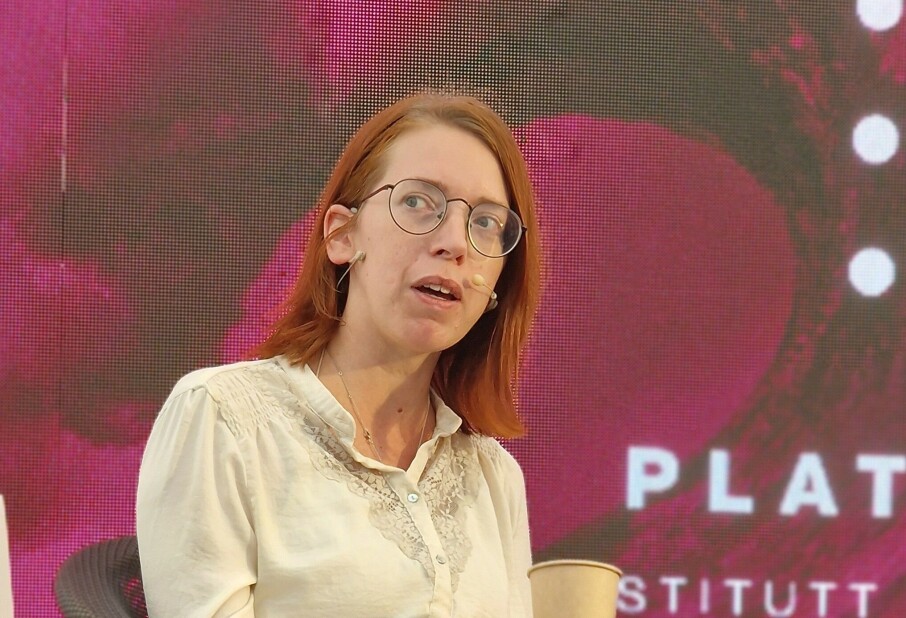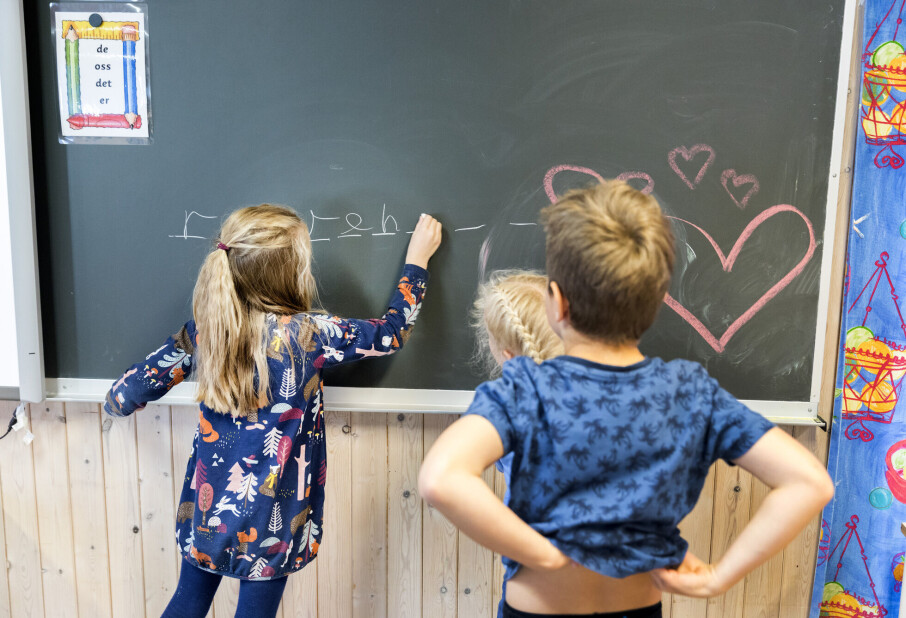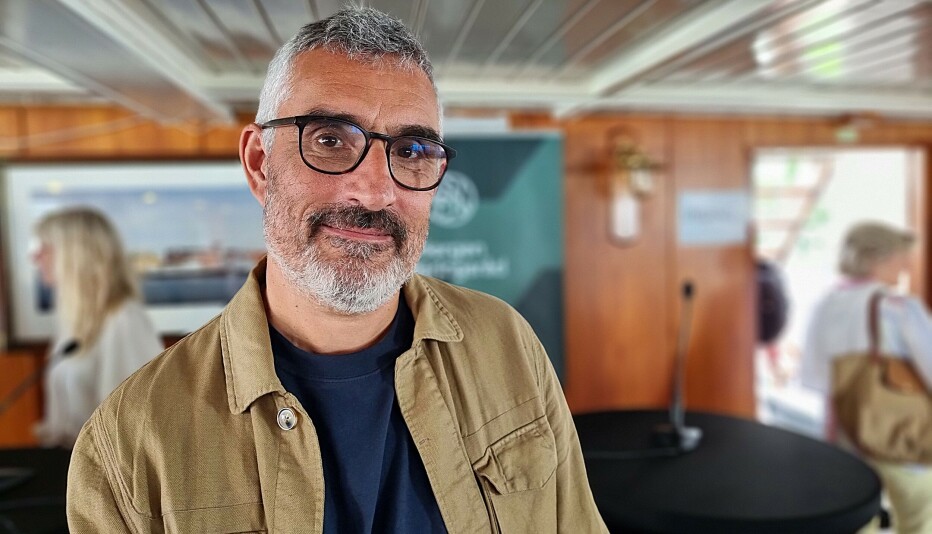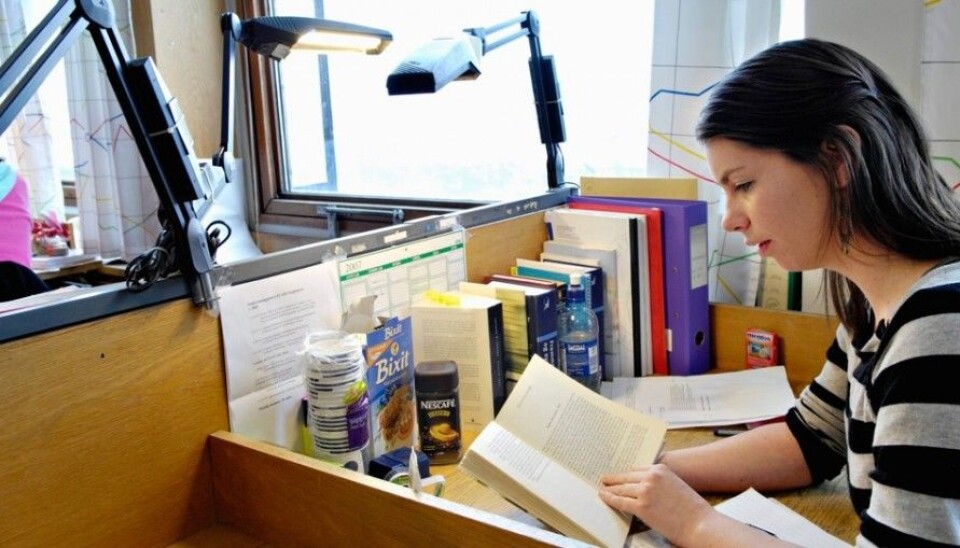
What motivates high school kids to choose a higher education?
Suprisingly, parents and friends have little say in the matter, according to one researcher.
Class and social differences tend to have quite an impact in determining which young people in Norway continue from high school on to higher educations. If their mothers or fathers are college graduates, the odds that young people will obtain master degrees or the equivalent are six times as high as if their parents are working class with lower levels of education.
Student loans and very low tuition fees have done a lot toward levelling the educational playing field for young Norwegians since World War II. So what now is the main factor determining whether a teenager continues on to college or university?
It’s not friends and family
Researchers at the University of Nordland have queried final year high school students in Nordland County who are enrolled in college preparation curricula. They were rather bewildered by the answers they got.
“We find that parents and friends have influenced the student in only a limited degree,” says Researcher Thor-Erik Sandberg Hanssen.

He and his colleague Tor Korneliussen have written an article about this in the latest number of the Norwegian journal Tidsskrift for samfunnsforskning.
What impact on my life?
It turns out that the most effective motivator if you want your offspring to opt for academic studies is to provide information. Young people want to know how a higher education will impact their lives, short-term and long-term, according to Hanssen.
The study shows that the high school students are not strongly swayed by family or friends simply telling them it’s smart to get a higher education.
They need to be told why it’s wise to get a higher education. The researcher thinks this can be done by their school’s advisory services which chart a teen’s interests and aptitudes through tests and thereafter link the results up to various educations and professions.
Salaries and freedom
A higher education entails lots of advantages. Getting an education is not just making oneself useful for society. It is also useful to the student herself or himself.
“You have a larger chance of making more income in the course of your working life. You can more easily adapt to career changes and you thus run a lower risk of unemployment.
Research shows that people with higher educations enjoy greater job satisfaction and generally better health than those with lower levels of education. With a higher education you also get much more freedom to steer your own workday.”
Hanssen thinks this is a message that young people should be hearing more of.
Dinner table talk
The researchers did also find that parents’ attitudes about a higher education have an effect on the choices made by their children. For instance, if talk at the dinner table about professors or academicians is negative, the kids are not getting more motivated to start college or university studies.
This is an angle stressed by Kristoffer Hansen, the leader of the School Student Union of Norway.
“I think one’s parents and environment affect our choices, consciously or unconsciously. It’s not a question of them saying ‘you must start college’. What’s relevant is the attitude they have about college graduates. Talk at the dinner table is just as important as the advice they give.
Fragmented counselling
The head of the organisation for high school students thinks the counselling provided by schools is too fragmentary.
This is also the background for a government appointed committee which is looking into this issue, the so-called Career Counselling Committee.
It has proposed a joint website where everyone facing important choices about education and jobs can find quality ensured information.
Learning to find info themselves
“Many counsellors lack relevant competence. In recent years new guidelines have been issued which recommend that a high school counsellor should have from 30 to 60 study credits in counselling. But this is not mandatory and not many have this much expertise. Little individual counselling is given in high schools,” asserts Hansen.
“We at the School Student Union of Norway actually would like to see the concept of counselling disappear. Learning to make wise decisions should be part of our educations in the course of our years at school. You need to learn how to read up on alternatives and make your own choices about your future, instead of receiving advice from others.”
-------------------------------------
Read the Norwegian version of this article at forskning.no
Translated by: Glenn Ostling










